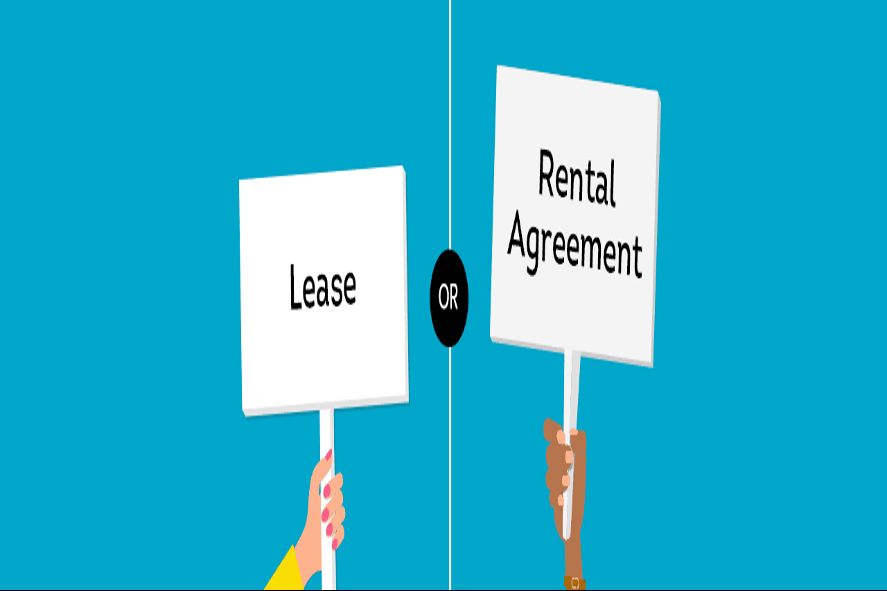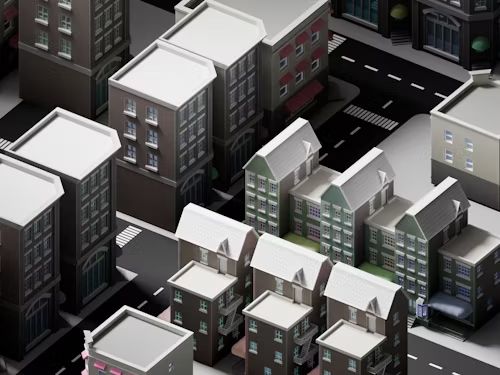Whether you’re a tenant looking for a place to live or a landlord renting out property, you’ve probably heard the terms lease agreement and rental agreement thrown around. But what do these contracts really mean? Which one should you choose?
In this post, I’ll break down the key differences and similarities between these two types of agreements so you can make the right choice for your real estate needs. Let’s dive in
What is a Lease Agreement?
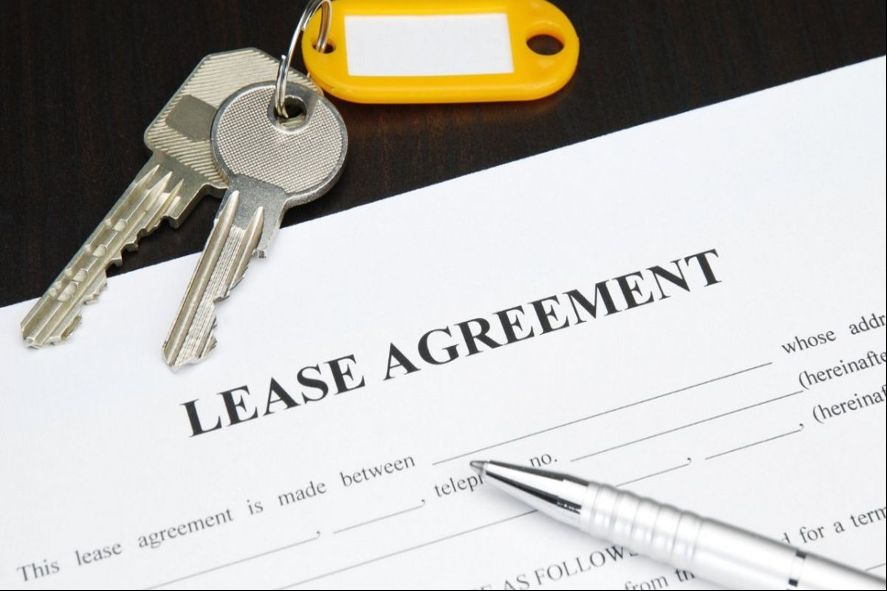
A lease agreement is a long-term contract that typically lasts one year or more. It’s a binding legal agreement between the tenant and the landlord. With a lease, you commit to staying in the property for the entire lease term, and your rent is fixed for that period.
Why Choose a Lease Agreement?
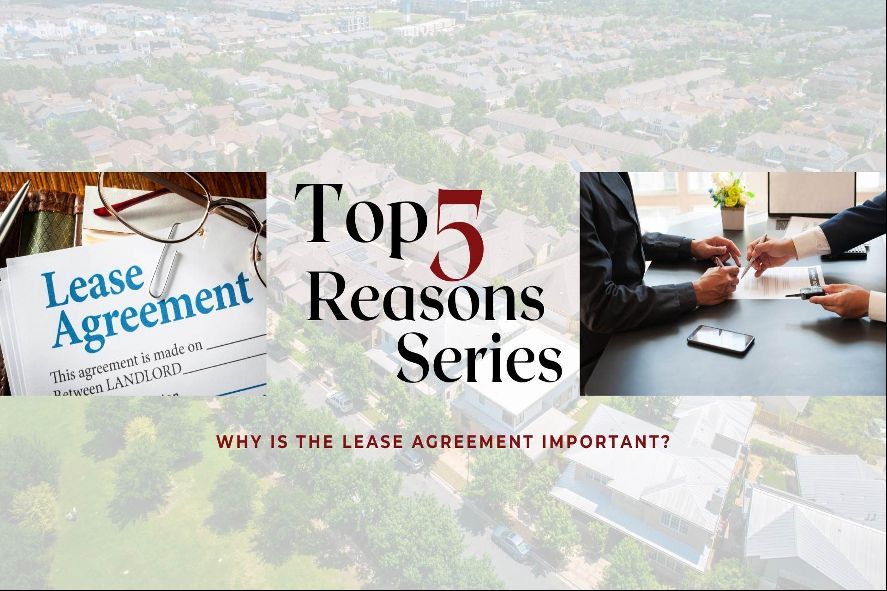
Fixed Rent: Your rent stays the same throughout the term of the lease.
Stability: You know what to expect for a longer period, with no surprises.
Long-Term Commitment: As a tenant, you stay longer in one place, which means fewer moves.
What is a Rental Agreement?
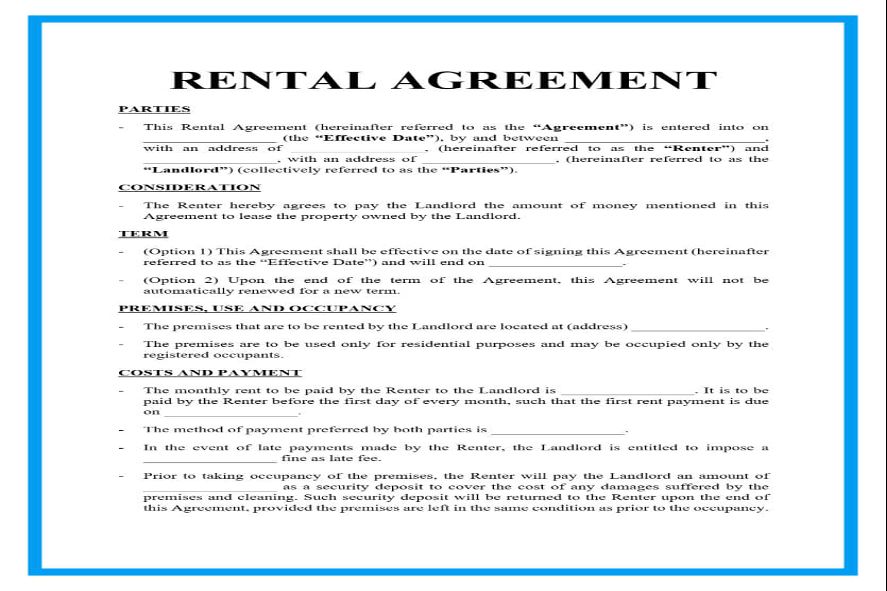
A rental agreement is typically a short-term contract that’s renewed monthly. It’s usually more flexible than a lease and can be ended or changed on a month-to-month basis.
Why Choose a Rental Agreement?
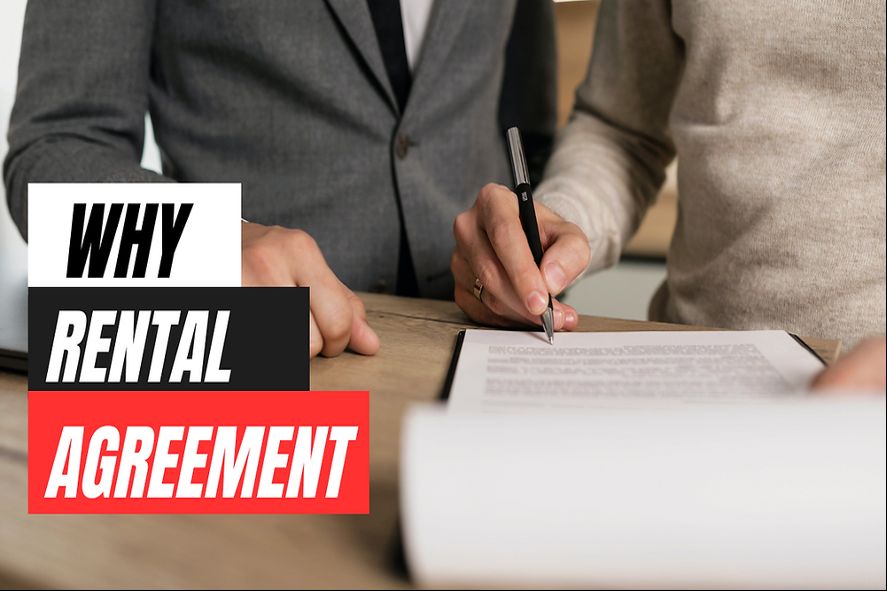
Flexibility: You can leave with short notice at the end of any month.
Adjustable Rent: Landlords can change rent each month depending on market conditions.
No Long-Term Commitment: Perfect for tenants who aren’t sure about staying long-term.
Key Differences Between Lease and Rental Agreements

Here’s a quick breakdown of the key differences:
Duration:
Lease Agreement: Typically one year or more.
Rental Agreement: Month-to-month, renewed each month.
Rent Stability:
Lease Agreement: Fixed rent for the duration of the lease.
Rental Agreement: Rent can be changed monthly.
Tenant Flexibility:
Lease Agreement: Harder to break the contract early.
Rental Agreement: Easier to move out with short notice.
Tenant Turnover:
Lease Agreement: Lower turnover, with tenants staying for a longer period.
Rental Agreement: Higher turnover, with tenants leaving more often.
Key Similarities Between Lease and Rental Agreements
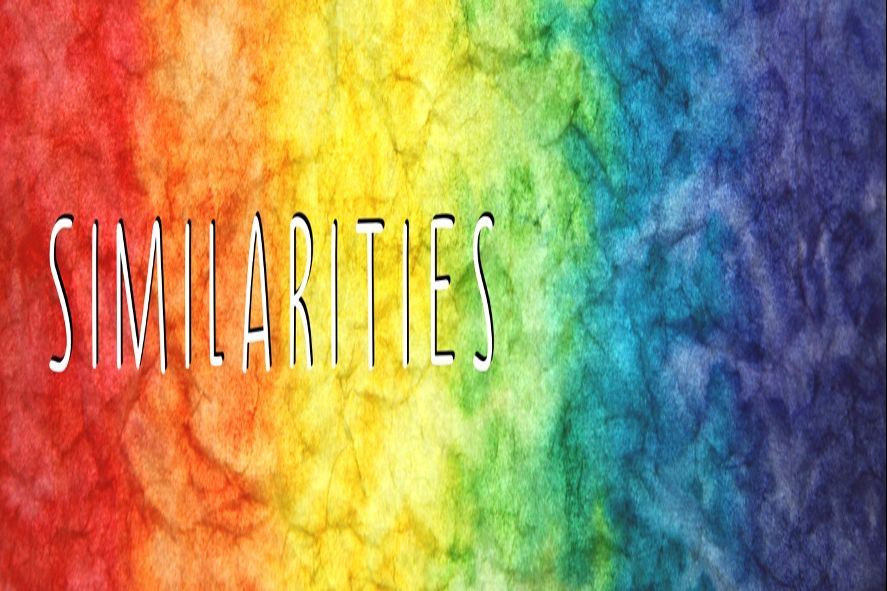
Although they are different, both agreements share many similarities:
Legal Contracts: Both are binding legal agreements between the landlord and the tenant.
Rent Payments: Both require monthly rent and outline payment details.
Security Deposit: A security deposit is usually required for both types of agreements.
Property Rules: Both agreements may include rules like no smoking or no pets.
Which One is Right for You?

So, how do you choose between a lease agreement and a rental agreement?
For Tenants: If you prefer stability and a predictable rent, a lease agreement is the better choice. However, if you need flexibility or plan on moving soon, a rental agreement might suit you better.
For Landlords: If you want long-term tenants and a steady income stream, a lease agreement works best. But if you need more flexibility with rent prices or tenant turnover, a rental agreement gives you that.
